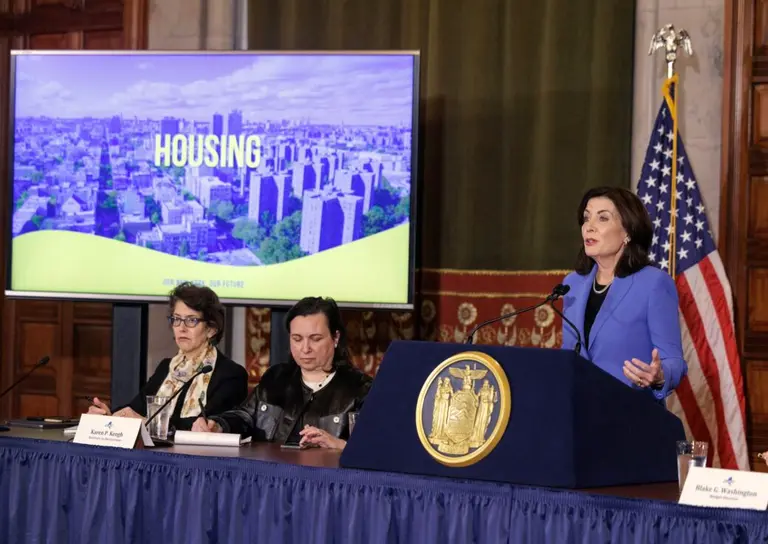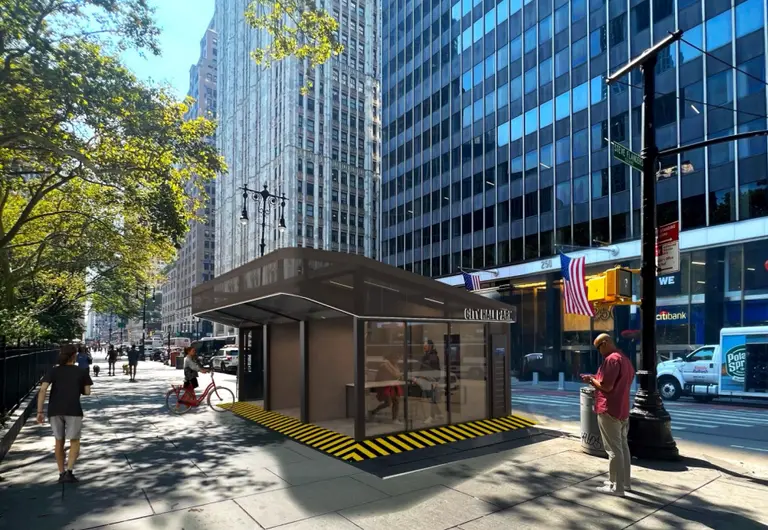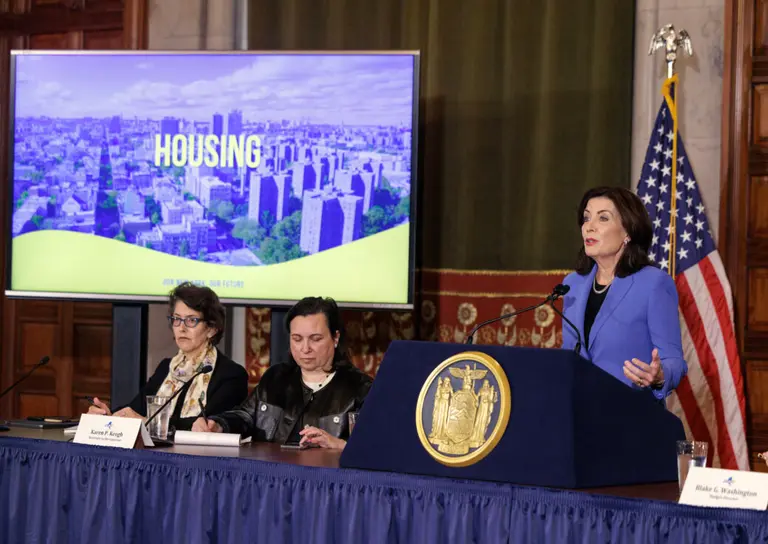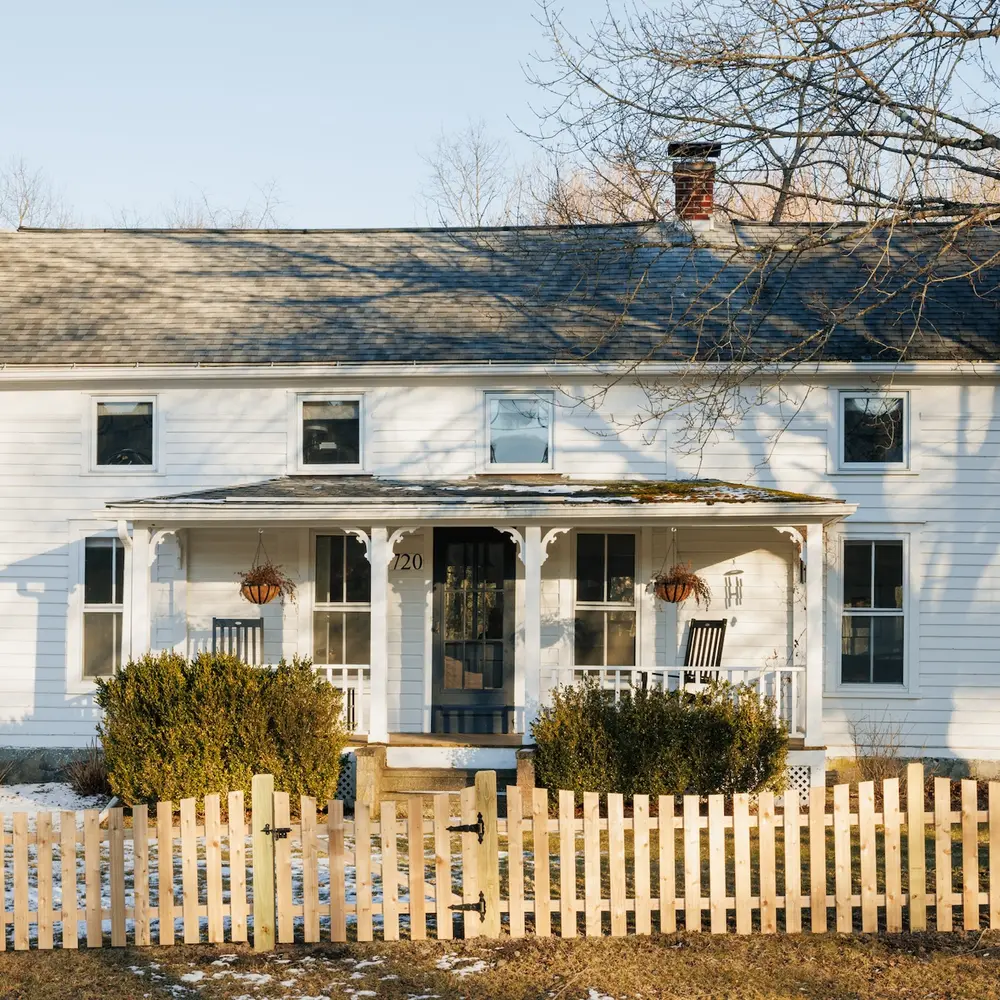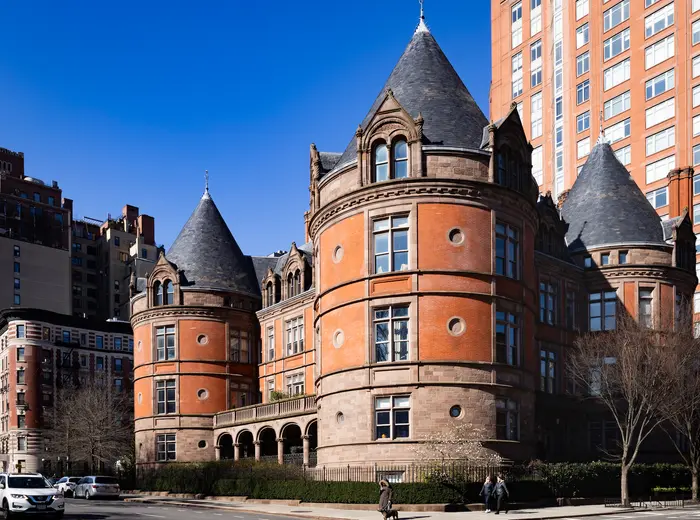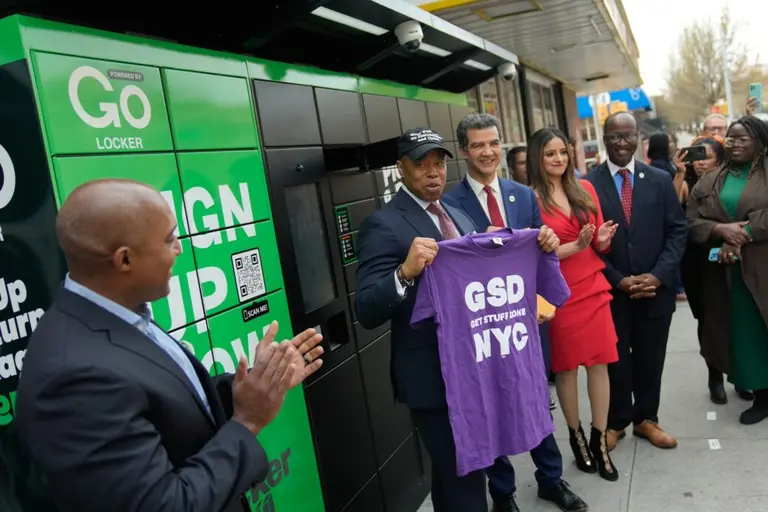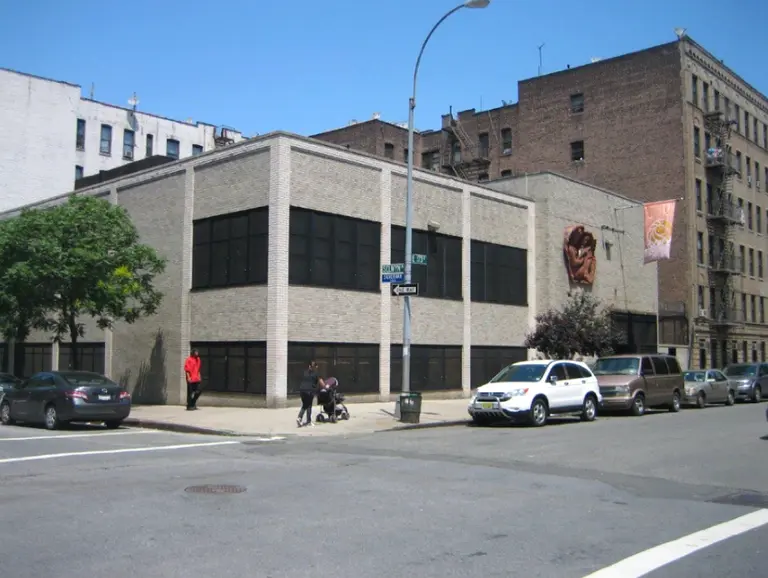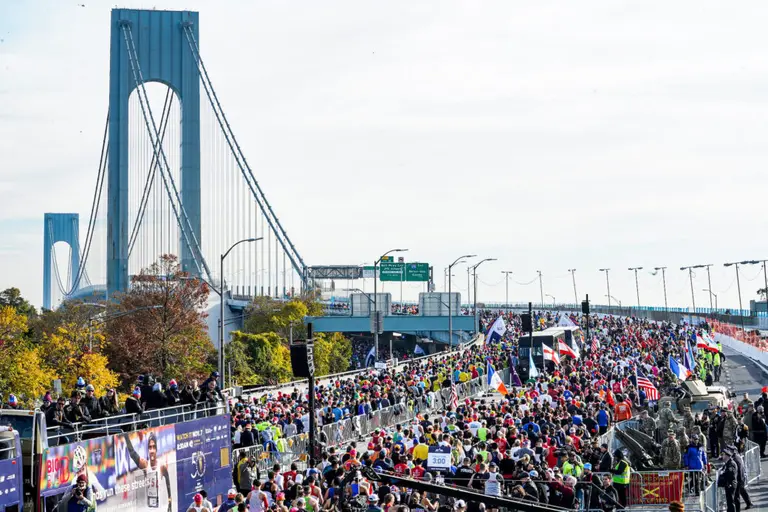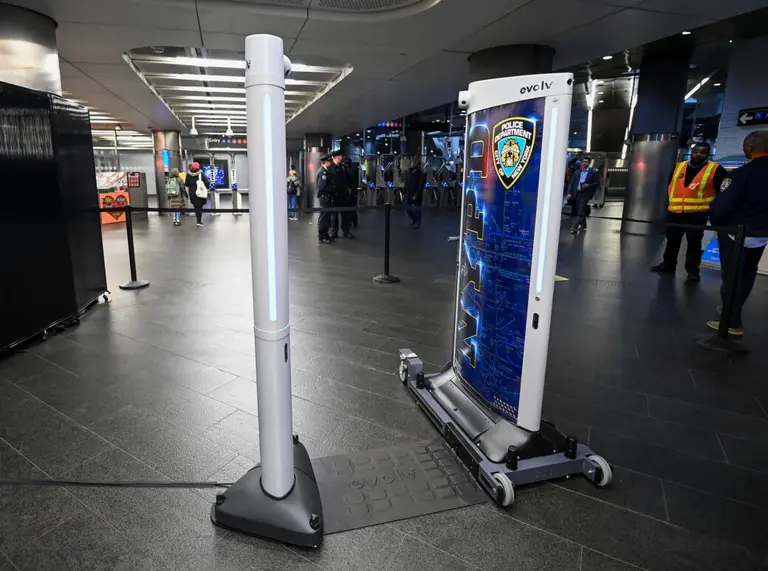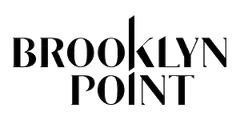Hochul announces $539M fund to help New York homeowners who are behind on payments
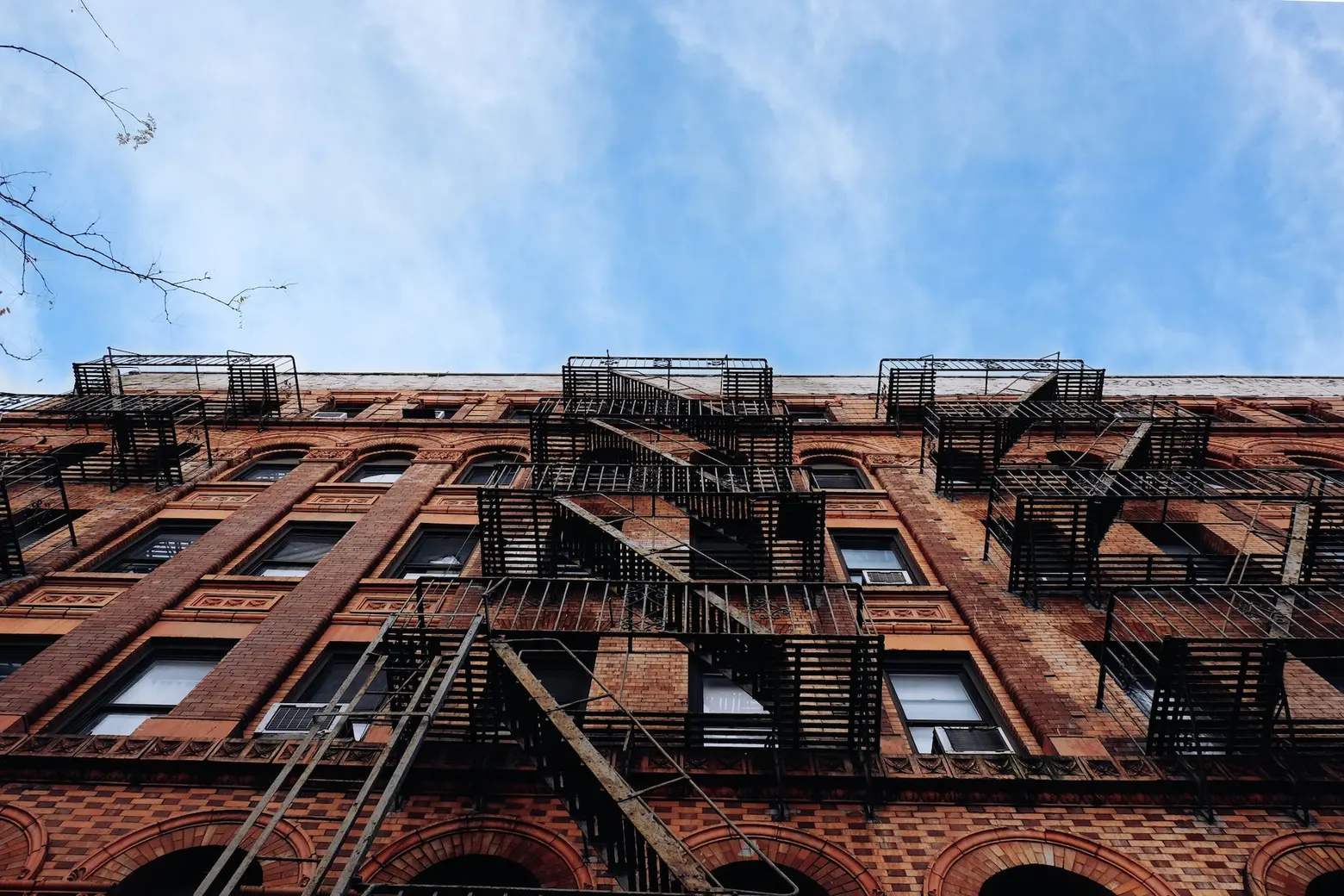
Photo by Daryan Shamkhali on Unsplash
Gov. Kathy Hochul announced Monday that New York will be the first state to receive the U.S. Department of the Treasury’s approval for its Homeowner Assistance Fund. The program offers up to $539 million to help low- and moderate-income homeowners affected by the Covid-19 pandemic avoid mortgage delinquency, default, foreclosure, and displacement.
“Many New Yorkers are still recovering from the pandemic, and just like we did for renters, our state is now leading the way to provide much-needed economic relief to vulnerable homeowners across the state,” Hochul said in a statement. “We know that the economic pain of the pandemic has been felt disproportionately in rural communities, communities of color, and immigrant communities, and this program is a demonstration of our commitment to placing the needs of New Yorkers in need at the heart of our work.”
With the fund’s announcement came the launch of the NYS HAF program website as well as an information-providing call center and a multi-lingual marketing and education campaign to make sure all New Yorkers are sufficiently prepared when the application window opens on January 3, 2022.
The program, designed and administered by New York State Homes and Community Renewal (HCR), will target low- to moderate-income homeowners who have fallen behind on mortgage payments, property taxes, water, or sewer bills.
The program also aims to help owners of co-op or condo units who are behind on maintenance fees and manufactured homeowners behind on chattel loans or retail installment contracts. Eligible applicants may receive financial aid to cover missed housing payments, to reduce mortgage debt, and, for unemployed homeowners, assistance with up to six months of future payments.
To be eligible, household incomes must be at or below 100 percent of the area median income (AMI) and they must be at least 30 days delinquent on monthly housing payments for their primary residence. Aid amounts will be capped at $50,000 per household.
This assistance will be structured as a five-year, non-interest, non-amortizing forgivable loan. If the homeowner remains in the home for five years, the loan will be fully forgiven. The NYS HAF program is also working with the Office of the New York State Attorney General to ensure homeowners are receiving all available relief under federal and state rules.
The program will be managed by the nonprofit Sustainable Neighborhoods, selected–via a competitive proposal process–because of their extensive experience administering foreclosure prevention programs.
In anticipation of the program launch, HCR and Sustainable Neighborhoods have hired 23 community-based organizations for a targeted homeowner outreach campaign to identify and reach homeowners at risk, specifically in areas that are historically subjected to housing discrimination, areas where homeowners may have limited internet access and other vulnerabilities. A call center will operate Monday through Friday from 9 a.m. to 5 p.m.to provide important information and application instructions.
HCR has also partnered with over 70 non-profit housing counseling and legal service providers who will be able to submit multiple applications on behalf of their clients. The HOPP network will also be available for applicants who request assistance with the application process, or who need legal assistance.
Visit the HAF website for Frequently Asked Questions, a step-by-step application guide, and a checklist of application materials, or contact the New York State Homeowners Assistance Fund call center at 1-844-77-NYHAF. The website and call center are available to homeowners in 10 languages.
A federal program was introduced last year to help struggling renters, but New York exhausted funds and suspended the program last month. Under the Emergency Rental Assistance Program, which provided payments directly to landlords and property owners on behalf of tenants, over $2 billion in funding has been allocated or committed, including $1.05 billion to landlords.
RELATED:
